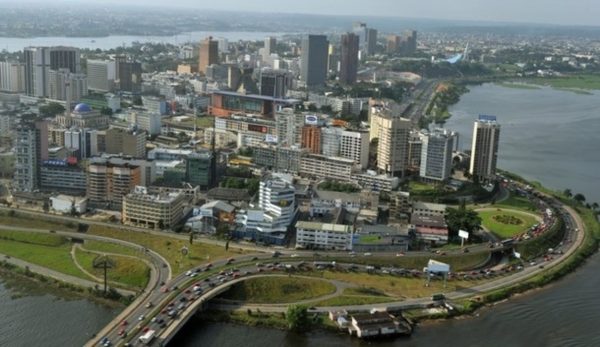In its sixth report on Ivory Coast published this February 8, the World Bank points the finger at the technological gap of the Ivorian economy as the main bottleneck of its march towards emergence. While the country has regained the trajectory of growth, it needs a more efficient and more competitive private sector to accelerate its development.
According to the financial institution, as in the case of the East Asian countries, “economic emergence is above all a technological phenomenon”: “these countries are probably not yet at the forefront of research and innovation, but they managed to put in place a technological catch-up dynamic. ” And Ivory Coast is still far from the mark.
“In Côte d’Ivoire, the productivity of labor and capital of a company is generally three to four times lower than that of a company in Indonesia, Morocco or China.” But, notes the Bank, without more efficient companies, since they are the main employer of the country and generate most of its income, Côte d’Ivoire can not claim the emergence.
Technological catch-up
However, the Ivorian private sector is still lagging behind in innovation: only 3% of firms use imported technology licenses for more than 15% in the rest of Africa according to the World Bank. In addition, these companies “spend half as much on research and innovation as their African counterparts”.
It is therefore urgent to change the situation: “the speed of convergence of Côte d’Ivoire can accelerate if it adopts and adapts new technologies, through a technological catch-up”, which requires “privileging ‘outward opening through foreign investment and exports’.
“Both of these vectors promote technology and skills transfer because the vast majority of new technologies, including those that can shape the Africa of tomorrow, are often developed by the ownership of companies from advanced countries. The search for partnership must therefore become a priority “suggests the institution.
Attract investment, build human capital and enhance connectivity
To succeed, the World Bank advises Côte d’Ivoire to adopt a strategy based on three complementary axes: opening up to the outside world, but also strengthening the skills of its workforce as well as connectivity within its economy, the latter two factors playing a key role in the diffusion and adaptation of new technologies imported into the local economy. And the bank cite the example of “many countries in Asia and more recently in Africa, such as Rwanda and Ethiopia.”
Côte d’Ivoire must attract foreign investment in sectors in which it has comparative advantages. These sectors “can potentially attract foreign investors and turn to export in order to benefit from technological transfers and skills, which are still sorely lacking in Côte d’Ivoire”.
Second, the country needs to build the capacity of its human resources in order to “assimilate, adapt and develop a new technological tool”. A perspective that imposes training partnerships with private companies, especially foreign, and Ivorians from abroad.
Finally, Abidjan must implement good connectivity that “facilitates trade and enlarges the size of the market, generating economies of scale that are often essential for establishing foreign companies and developing export activities”. . This requires lowering the costs of physical and virtual transport but also reducing distances, for example through the urbanization process. The priorities here are also to improve the performance of Ivorian ports (and their ancillary connections), to reduce the costs associated with the use of mobile phone and internet tools (1,5 to 3 times more expensive than Ghana for example) and better manage the urbanization process by increasing the economic density within cities while controlling congestion costs.



